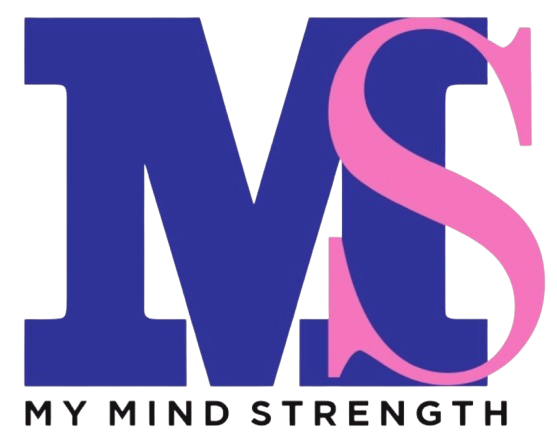Assessing the Health of Your Relationship
Many times, we go about our lives without giving much thought to the dynamics within our relationships, whether it be with friends or family. We often fall into a routine, taking everything for granted. However, it’s crucial to regularly question the health of our relationships. This self-reflection gives us direction and allows us to recognize when our behaviour may not be right or when we are not being treated properly.
Healthy relationships are characterized by the ability to identify potential problems, including our own, that could jeopardize the long-term success of the relationship. By being willing to analyse our relationships, we can work together to build a more fulfilling partnership.
Warning Signs of an Unhealthy Relationship:



- Trust: Do you and your partner have trust in one another?
- Respect: Do you both respect each other?
- Support: Are you supportive of each other’s interests and efforts?
- Honesty: Is there honesty and openness in your communication?
- Individual Identity: Are you able to maintain your individual identities?
- Emotional Connection: Do you openly discuss your feelings, hopes, fears, and dreams?
- Affection: Do you feel and express fondness and affection toward each other?
- Equality: Is there fairness and equality in your relationship?
By honestly answering these questions, you can gain a clear understanding of the status of your relationship. Relationships are an essential part of a healthy life, as research consistently shows that social connections are critical for both mental and physical well-being. Those who have healthy relationships experience better health outcomes, engage in healthier behaviours, and have a reduced risk of mortality.
While each relationship is unique, there are key characteristics that distinguish healthy relationships from unhealthy ones:
- Trust: Trusting your partner is a fundamental aspect of a healthy relationship. Building trust involves mutual self-disclosure and testing and evaluating that trust over time. Trust creates comfort and security, while a lack of trust may lead to hiding things from your partner.
- Openness and Honesty: In a healthy relationship, you should never feel the need to hide aspects of yourself or change who you are. Being open and honest fosters a strong bond.
- Mutual Respect: Healthy relationships involve partners who do not demean or belittle each other. Instead, they offer support and security.
- Affection: Fondness and affection are vital in healthy relationships, creating a loving and caring atmosphere.
- Good Communication: Effective communication is crucial for long-lasting relationships, whether they are friendships or romantic partnerships. In healthy relationships, conflicts are addressed without personal attacks. Partners remain respectful and empathetic as they discuss their thoughts and feelings, working together towards resolution.
- Give-and-Take: Strong relationships are characterized by a natural reciprocity where both partners genuinely do things for each other without keeping score or feeling indebted.
Toxic behaviors often indicate an unhealthy relationship, which can have severe negative effects on our physical and mental well-being. It’s essential to be aware of these signs and take appropriate action to protect ourselves and foster healthier connections.
Discover more from mindstrengthorg.in
Subscribe to get the latest posts sent to your email.

The Lost Art of Common Courtesy:.
How Acknowledging Others Can Strengthen Relationships There was a time when good manners were not just.
Read More
Embracing the Unanswered Whys
Transforming Questions into Growth and Connection Life often feels like a complex puzzle, with pieces that.
Read More
